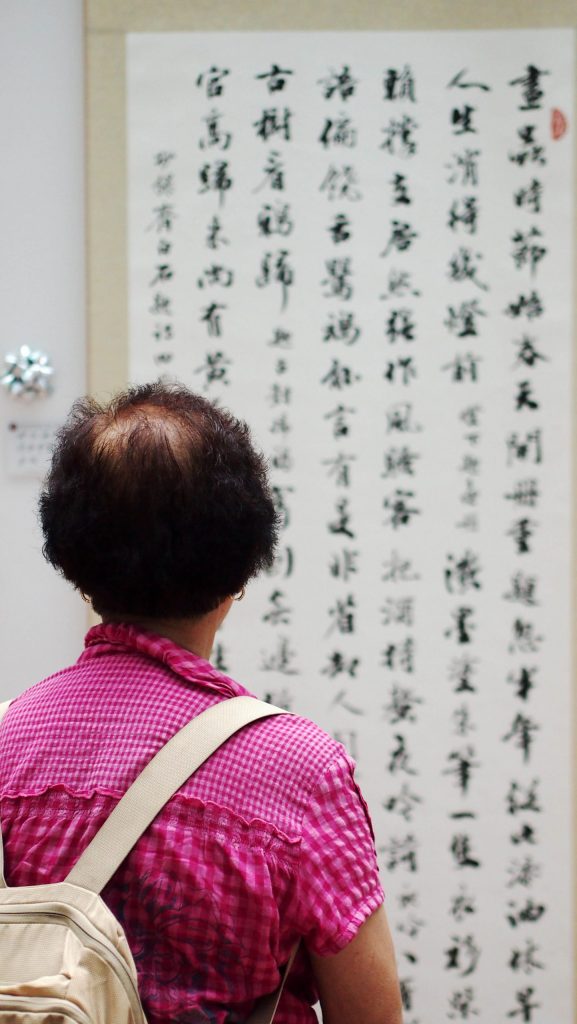Poetic Records of the History, Society, and Culture of Singapore Chinese
August 24, 2021

In August 1881, Zuo Binglong was appointed by the Qing imperial court to serve as the diplomat to Singapore. He was responsible for the welfare of the Chinese people working in Singapore. During his time as the first Qing consul to Singapore, he promoted the development of Chinese culture in the country by setting up schools and facilitating Sino-Singapore cultural exchanges. Zuo Binglong is remembered as a selfless and future-oriented government official, often seen promoting the interests of Singapore’s Chinese community and responsible for taking the community forward into modern society.
In the Chinese Arts and Culture Research Grant (CACRG) project ‘Poetic Records of the History, Society, and Culture of Singapore Chinese: Classical Chinese Poetry in Singapore’, Associate Professor Lam Lap (NUS Chinese Studies) examines historical poetic records to understand how poetry writing shaped Chinese identity and its emergent cultures in Singapore. Funded by the Singapore Chinese Cultural Centre, the project publicizes classical poetry to the public online at http://sg-jiutishi.com/home. Additionally, seminars and calligraphy exhibitions have been organized to further showcase classical poetry.
Two annotated poetry collections will also be published. The first is Qinmiantang Shichao (Poetry Collection of the Hall of Diligence and Endeavor) by Zuo Binglong (1850-1924). His work vividly describes Nanyang scenery and social customs, as well as records his personal experiences and feelings from the point of view of a poet, an imperial envoy, and a sojourner. Hailed as the founder of Chinese literature in Singapore and Malaysia, it was through his vigorous efforts that the hitherto uncultured Chinese community in Singapore underwent a significant change to become more literate and civilized. Zuo’s poetry collection was first published in 1959 by the Institution of Nanyang History.
The second is Huiyuan Shicun (Poetry of the Wisdom Park Villa) by the renowned journalist Hu Langman (1908-1991), an editor of the Sin Chew Daily. During the Japanese occupation, Hu was forced to be the editor-in-chief for the Syonan Daily but later escaped to Malaysia, where he stayed until the war ended. Hu’s poetry recorded his traumatic experiences in wartime Singapore, and his friendships with various local writers, artists, and Chinese community leaders.
